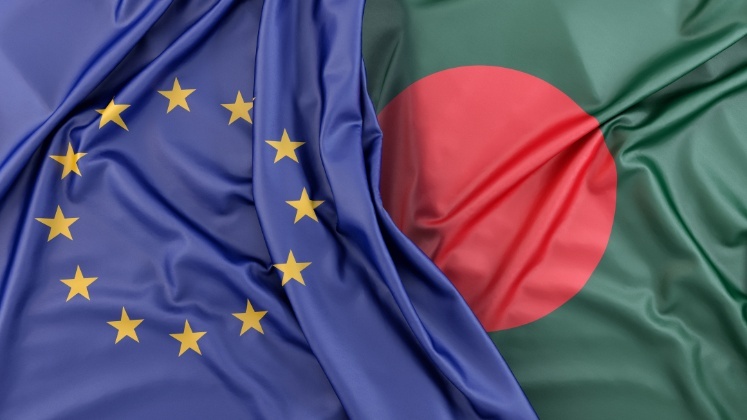Bangladesh is seeking to sign a free trade agreement (FTA) with the European Union (EU) and other major trading partners in a bid to retain duty-free benefits after its graduation from Least Developed Country (LDC) status in November next year. Without such an agreement, Bangladeshi exports to the EU would face a 12% tariff from 2029.
Commerce Secretary Mahbubur Rahman confirmed that a letter expressing interest in an FTA was sent to the EU last month, with an internal meeting scheduled for 29th September to discuss the matter. He noted that countries such as India and Vietnam had already signed FTAs with the bloc, stressing that Bangladesh needed to act swiftly to safeguard its market position.
To qualify for the EU’s GSP Plus scheme, countries must ratify 32 international conventions. Given the difficulty of meeting those requirements, Dhaka is prioritising FTAs as an alternative route. Bangladesh currently earns more than US $ 25 billion annually from exports to the EU, accounting for over 60% of its total shipments.
The UK has extended duty-free benefits for Bangladeshi goods until 2035, while Australia has imposed a 50% local value-add requirement despite offering duty-free access. Bangladesh intends to request a reduction of this threshold to 30%.
Meanwhile, the signing of an Economic Partnership Agreement (EPA) with Japan is nearing completion, with negotiations also progressing with South Korea. A proposal for FTA talks has been sent to Canada, and Bangladesh is lobbying to join ASEAN as well as the Regional Comprehensive Economic Partnership (RCEP).
To date, the country has signed only one trade pact — a Preferential Trade Agreement (PTA) with Bhutan in 2020, covering annual trade worth just US $ 22 million. Negotiations with India and the United States have taken place, but no agreements have yet been finalised.







